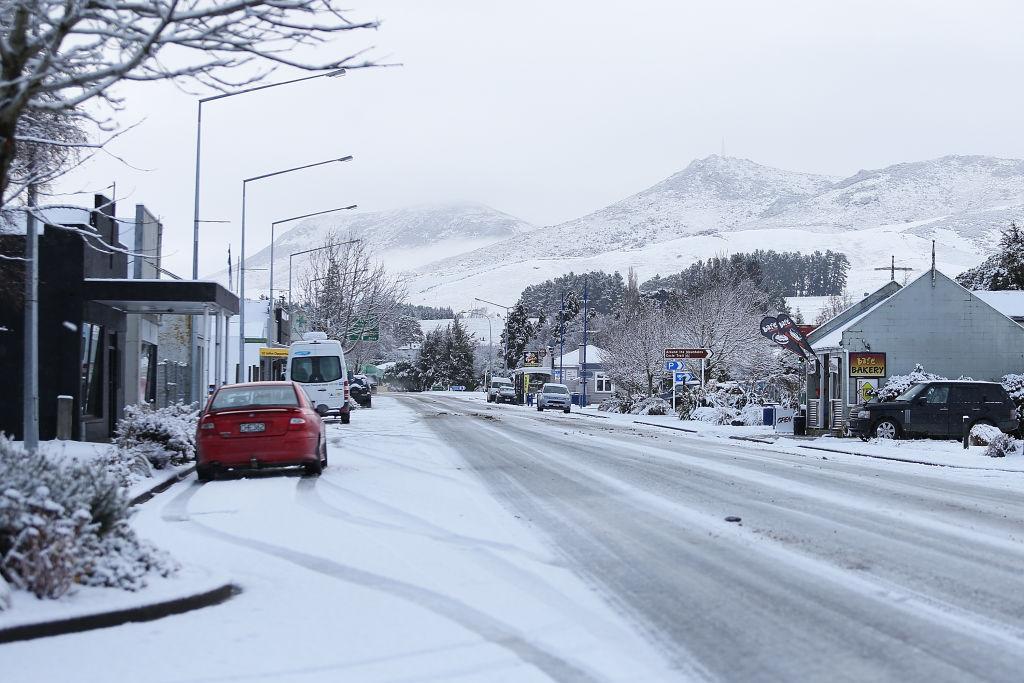An Antarctic blast across New Zealand (NZ) has brought snow flurries across large areas of the country in spring, including in Christchurch and Wellington.
The south of the country woke up to temperatures at near zero degrees Celsius, the coldest place being Te Anau at negative six degrees celsius (21 degrees Fahrenheit).





